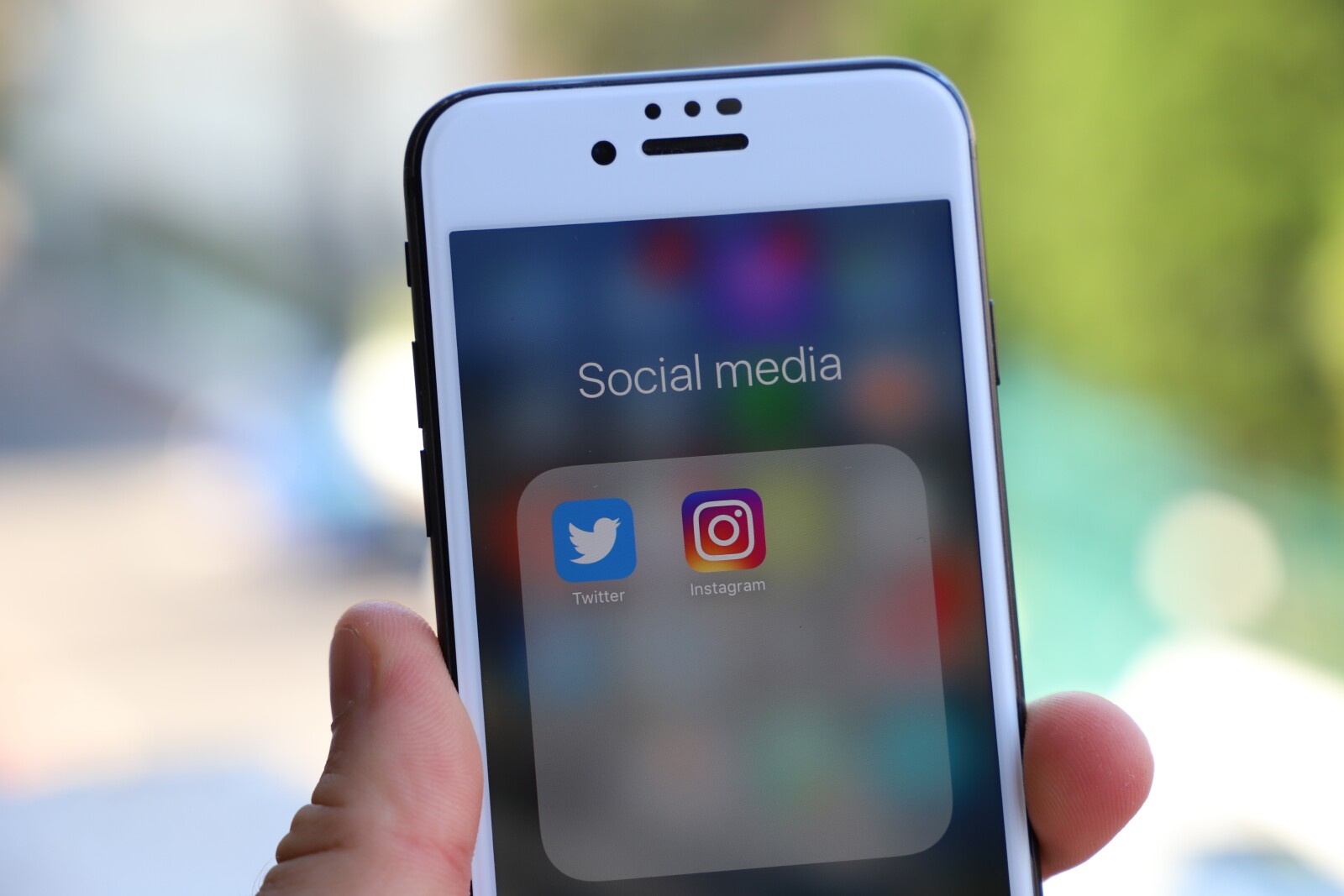Twitter Faces Class Action Lawsuit Over Privacy Violations
In a digital era, where personal data has become the new currency, social media giant, Twitter, is under fire for alleged privacy violations. The company may face a class-action lawsuit, following claims of misuse of users' personal data for targeted advertising. This legal action could potentially yield substantial compensation for affected users and instigate changes in Twitter's data handling practices. The role of the FTC's $150 million fine in this development is also noteworthy.

Lawsuit Investigation Origins
The initiation of the potential class action lawsuit against Twitter emerged from an intensive investigation by attorneys who scrutinized the social media giant's alleged misuse of user information. This lawsuit investigation was pursued following serious allegations of Twitter's illicit use of user data for advertising purposes. The consequences of these actions profoundly impact the trustworthiness of the platform, affecting millions of users worldwide who entrusted their personal information to Twitter for account security purposes only. The attorneys' thorough investigation aims to determine whether Twitter indeed violated privacy laws. Should the allegations prove valid, the class action lawsuit could potentially result in significant penalties for Twitter, and more importantly, lead to substantial changes in its data handling practices to prevent future misuse.
Class Action Lawsuit Aims
In the wake of these privacy violation allegations against Twitter, the primary aim of the class action lawsuit is not only to hold the platform accountable for its actions but also to seek financial compensation for affected users and induce a significant change in Twitter's data handling practices. The class action lawsuit implications are profound, potentially setting a precedent for other social media platforms with similar data misuse issues. Moreover, the lawsuit can ensure that Twitter takes adequate measures to protect user data in the future. User compensation options may include financial reimbursement for any losses incurred due to the privacy breaches. Thus, by pursuing this legal route, affected Twitter users can seek justice and contribute to better data privacy standards in the digital world.
Encouraging User Participation
User participation is pivotal in the class action lawsuit against Twitter, as it not only amplifies the voice of those affected by the privacy violations but also strengthens the case against the social media giant. Encouraging user engagement can have several benefits:
- It can lead to a more robust representation, providing a broader perspective on the extent of the privacy violations.
- This could potentially result in increased legal consequences for Twitter, compelling them to amend their data practices.
- Users may also gain a sense of empowerment, as their participation could directly impact the outcome of the case.
- It can further educate users about their digital rights and encourage responsible online behavior.
- It can foster a community of informed users, promoting collective action against privacy violations in the future.
Protecting User Privacy Rights
As a significant part of this class action lawsuit, protecting user privacy rights emerges as a crucial element in preventing future data misuse by corporations like Twitter. The focus on user data protection is an attempt to ensure that personal information collected by companies is used responsibly and transparently. Legal consequences, as a result of this lawsuit, could prompt Twitter and similar corporations to revisit their data collection and usage policies. The potential imposition of hefty fines or penalties may deter such firms from engaging in practices that violate user privacy rights. Future adherence to data protection norms could, therefore, become a non-negotiable element of their operations. This lawsuit underscores the importance of protecting user privacy rights, reinforcing the need for stringent measures in safeguarding user data.
FTC Fine Details
Drawing from the issue of user privacy rights protection, the details surrounding the FTC's hefty fine imposed on Twitter warrant further examination. The Federal Trade Commission imposed a $150 million fine on Twitter for user data misuse, marking a significant instance of potential legal consequences for privacy violations.
- Twitter's Misrepresentation:
- Twitter claimed to collect email addresses and phone numbers for account security purposes.
- In reality, this data was used for targeted advertising.
- FTC Fine:
- The misuse of user data resulted in a violation of an FTC order from 2011.
- This led to a substantial fine of $150 million.
- Potential Legal Consequences:
- This case sets a precedent for future privacy violations.
- It illustrates the severe penalties companies could face for misusing user data.
Twitter’s Misrepresentation
The egregious misrepresentation by Twitter, falsely asserting the collection of users' email addresses and phone numbers solely for account security, forms the crux of the privacy violation issue at hand. This blatant lie has put users' privacy at risk, as this information was instead exploited for targeted advertising purposes. Twitter's misleading statements have not only violated the trust of its user base but also federal law, leading to FTC's enforcement actions. The FTC fined Twitter $150 million, a punitive measure meant to deter future violations. Notwithstanding, the damage has been done, with users' privacy compromised. This incident underscores the need for greater transparency and accountability from such platforms, to prevent such flagrant dismissal of user privacy.
Privacy and Security Violations
Numerous privacy and security violations by Twitter have left countless users exposed and vulnerable, further exacerbating the concerns raised by the company's misrepresentation of its data collection practices. These breaches have had a significant impact on social media platforms, drawing attention to the urgent need for robust data protection measures.
- Twitter's Violations:
- Misused user data for advertising.
- Misrepresented data collection practices.
- Impact on Social Media Platforms:
- Raised concerns about data privacy.
- Highlighted the need for better security measures.
- Consumer Rights and Data Protection:
- Violated consumer rights by misusing data.
- Exposed the need for stronger data protection laws.
The potential class-action lawsuit could help rectify these violations, ensuring the protection of consumer rights and the enforcement of stricter data protection policies.
Twitter’s Previous Security Breaches
In light of these privacy violations, it's crucial to examine Twitter's previous security breaches, which have significantly compromised users' data and contributed to the pressing concerns over its data protection practices. Twitter's data breach history is riddled with instances where user information was inadequately protected. For example, a notable breach in 2019 exposed user data to malicious actors, highlighting the company's shortcomings in data security. The implications of these breaches go beyond the immediate threat to user privacy; they also raise questions about Twitter's accountability measures. Despite assurances of improved security methods, these recurrent breaches indicate a fundamental flaw in Twitter's data protection mechanisms, thus underscoring the importance of stringent accountability measures for such technology giants.
Unauthorized Ad Targeting
Exploiting users' private information for unauthorized ad targeting forms the crux of the grievances against Twitter in the ongoing class action lawsuit. The potential legal implications are far-reaching, particularly in relation to user data misuse.
- Misuse of information: Twitter is accused of exploiting personal data for ad targeting without user consent.
- Potential consequences: The violation could result in severe penalties, including substantial fines and stricter data handling regulations.
- User impact: Users may receive compensation for privacy intrusion and data misuse.
These allegations throw a spotlight on the urgency of implementing robust data privacy measures, and the dire consequences of failing to respect user privacy.
Potential Lawsuit Benefits
The class action lawsuit against Twitter offers potential benefits to affected users, including potential financial compensation and changes in data use policies. The impact on data privacy could be significant, as a successful lawsuit may force Twitter to revise its data collection and usage practices. This can provide users with greater control and transparency over their information. Potential compensation could also be substantial, given the number of users possibly impacted and the severity of the privacy violations alleged. This lawsuit is not merely about financial benefit, but also about holding Twitter accountable for its actions and potentially driving change in the wider technology industry's treatment of user data. Participation in the lawsuit can thus be a step towards safeguarding individual data privacy rights.
Twitter Data Collection Changes
Following the potential lawsuit, Twitter may be compelled to significantly alter its data collection and usage practices for enhanced user privacy and transparency. The planned changes would come as part of Twitter's broader user data protection measures, and in response to potential legal action.
The changes could include:
- Data Minimization: Limiting the amount of data collected and stored, reducing the risk of data misuse.
- Implementing strict data retention policies.
- Collecting only necessary data.
- Transparency: Providing clear and accessible information about data collection practices.
- Updating privacy policies to reflect changes.
- Regularly informing users about data being collected.
- Consent Management: Ensuring users have control over their data.
- Offering users opt-out options.
- Implementing robust consent mechanisms.
User Participation Invitation
While Twitter potentially revises its data collection practices in response to legal actions, it is crucial to shed light on the invitation extended to users to participate in the class action lawsuit. The participation could lead to potential compensation and further impact on social media practices, drawing attention to privacy concerns.
| User Participation Steps | Benefits |
|---|---|
| Step 1: Contact attorneys | Free consultation |
| Step 2: Fill out participation form | Join legal action |
| Step 3: Await lawsuit progress | Potential compensation |
| Step 4: Possible policy changes | Impact on social media |
This lawsuit signifies a critical juncture in Twitter's history and could lead to substantial changes in how social media platforms handle user data, highlighting the importance of privacy in the digital age.
Connecting With Attorneys
Initiating contact with the attorneys involved in the class action lawsuit against Twitter is an essential step for users looking to protect their privacy rights. Understanding the legal implications and potential for user compensation requires a direct line of communication.
- Attorney Communication
- Users can reach out to the attorneys via a contact form.
- The purpose is to understand the legal aspects of the class action lawsuit.
- Understanding Legal Implications
- Discussing with attorneys will help users comprehend the legal repercussions of Twitter's privacy violations.
- It will shed light on how this violation impacts their rights as users.
- Potential User Compensation
- Direct contact with attorneys will provide insights on potential compensation.
- It allows users to evaluate whether joining the lawsuit aligns with their personal interests.
Privacy Concern Resolution
Addressing privacy concerns is a critical aspect of the class action lawsuit against Twitter, aiming to safeguard users' personal information and prevent future misuse. The lawsuit could result in significant privacy violation consequences for Twitter, including a hefty financial penalty and mandatory changes in data collection and usage policies. This could have a transformative impact on social media platforms, compelling them to prioritize user privacy over profit-driven data exploitation. The resolution could also provide a sense of justice to affected users by holding Twitter accountable for its actions. Additionally, it could deter other platforms from similar privacy violations, leading to a more secure online environment. Ultimately, the resolution of privacy concerns is a crucial step towards the creation of safer, more ethical social media spaces.
Form Submission and Contact Information
For users seeking redress for these privacy violations, the initial step involves submitting a form with their contact information to the attorneys handling the lawsuit investigation. This process underscores the importance of user consent and its implications for social media platforms.
- Form Submission: Users provide their name, email, phone number, and zip code. This information aids in determining eligibility for participation in the class action lawsuit.
- User Consent: By submitting the form, users agree to the terms and conditions, acknowledging their consent to receive communications about the lawsuit.
- Implications for Social Media Platforms: This lawsuit highlights the crucial role of user consent in data usage and the potential repercussions for platforms that violate these principles.
Frequently Asked Questions
What Is the Process of a Class Action Lawsuit and How Long Could It Potentially Take?
A class action lawsuit typically begins with a group of individuals, sharing a common grievance, filing a legal claim against an entity. The process involves complex stages: filing, certification, notification of class members, pretrial discoveries, trial and, potentially, appeal. This process can span several months to years, depending on the case's complexity. Understanding the implications of the lawsuit and confirming eligibility as a class member are critical steps for every potential participant in the action.
What Other Companies Have Faced Similar Privacy Violation Lawsuits Recently?
In recent years, several major companies have faced lawsuits over privacy violations. Facebook faced severe scrutiny following the Cambridge Analytica scandal, leading to significant corporate accountability measures. Equifax, the credit reporting giant, was also sued due to a massive data breach compromising millions of Americans' personal information. These cases highlight the increasing importance of data privacy and the consequences companies face for breaches.
How Will Twitter’s Operations and Policies Be Affected if the Lawsuit Is Successful?
If the lawsuit proves successful, it could necessitate substantial policy revisions and operational changes for Twitter. It would likely need to enhance its privacy measures and data handling procedures to prevent future violations. Moreover, the company may have to invest in more robust and transparent user consent protocols. The outcome could also impact Twitter's advertising practices, potentially limiting its ability to leverage user data for targeted ads. This could significantly alter its revenue model and operational strategies.
Can Non-Us Residents Participate in the Class Action Lawsuit?
The participation of non-US residents in the class action lawsuit is contingent on international jurisdiction and global legalities. Generally, residents outside the US may be included if their country has an agreement with the US regarding legal matters, or if the defendant has significant ties to their country. However, this varies case by case, and individuals should consult with a legal professional to understand their eligibility.
How Can Users Protect Their Privacy on Social Media Platforms in General to Avoid Such Violations in the Future?
To safeguard against future privacy violations on social media platforms, users should prioritize Privacy Settings Optimization and enhance their Social Media Literacy. By customizing privacy settings, users can control who accesses their information. Concurrently, enhancing literacy around social media usage can help users understand potential risks and make informed decisions. These measures, in tandem, can help users maintain their privacy and avoid unauthorized use of their personal information.

This post has been generated by AI and was not reviewed by editors. This is Not legal advice. Please consult with an attorney.




